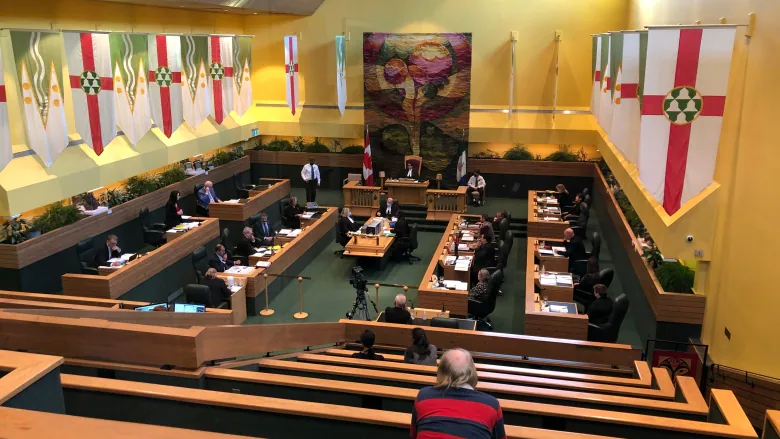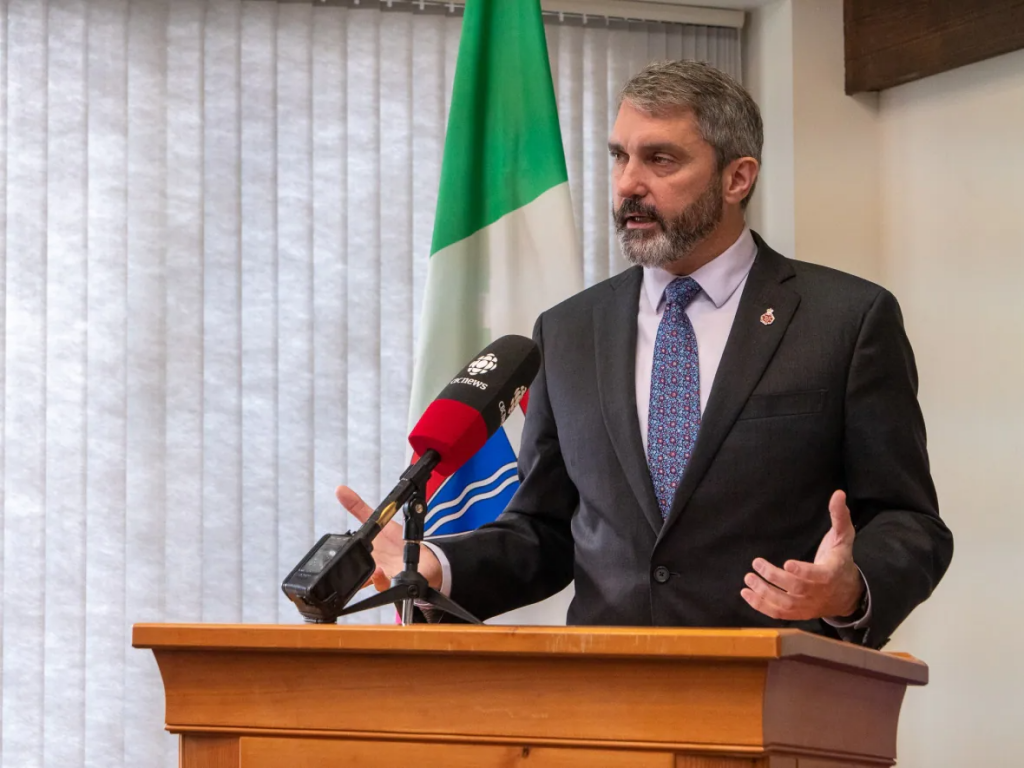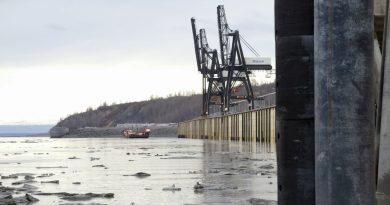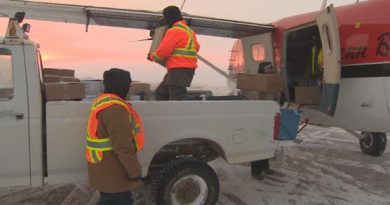Bill requiring First Nations’ oil and gas development consent spiked in Yukon

Yukon NDP has been fighting to reinstate the consent clause into territorial laws over the industry
The Yukon Liberal government has trounced a bill that, if passed, would have required Yukon First Nations consent to oil and gas exploration and development in their traditional territories.
The Yukon NDP has been fighting to reinstate a consent clause into territorial laws over the industry.
Two weeks ago, NDP Leader Kate White tabled the bill in the Yukon Legislative Assembly, saying then that it’s a way to correct a “mistake.”
Ten years ago, the former Yukon Party government repealed the clause, to the ire of First Nations. The move, in effect, torpedoed veto power First Nations held over oil and gas dispositions in their traditional territories. The clause was originally included to ensure certainty among parties while land claims were being negotiated.
The three Yukon First Nations who have decided to not settle their land claims are primarily affected by this issue.
While the government agrees in principle with the aims of the NDP’s bill, ministers told the House yesterday during debate the third party hasn’t contacted all Yukon First Nations. The NDP received seven letters of support from First Nations and one from the Council of Yukon First Nations.
“Time ran out for the NDP, when it came to the letters of support that they needed for us to be able to endorse this bill,” Premier Sandy Silver told reporters Thursday.
“We would want to support this bill, but just as the acting government here with the responsibility to First Nations, we can’t support this bill at this time,” he said “These things are not going to be easily figured out because the NDP is hellbent to take credit for reconciliation.”

Only the three MLAs that make up the NDP caucus voted in favour of the bill.
White told CBC News she’s disappointed, adding the government’s vote reflects poorly.
“There was an opportunity for the [Liberal government] to right a wrong that was done in 2012,” she said.
“I’m still actually going to work on this. I’m still going to have the conversations with First Nations where I didn’t get the consent letters.”
Bringing at least one private member’s bill to a vote each sitting is a condition of the confidence and supply agreement, entered into by the Liberals and NDP after the former failed to form a majority government during the last general election. The agreement expires in January.
UNDRIP underlies bill
White told CBC News the issue is linked to the United Nations Declaration on the Rights of Indigenous People (UNDRIP), which, among other things, calls for Indigenous control over traditional territories and compensation for territory that can’t be returned.
“We’re at the point where the conversation is going to have to start to happen about what free, prior and informed consent means,” she said, “and how First Nations are entitled to that right.
“I think this bill was that first part of it, honestly.”
Earlier in the day, during question period, Vuntut Gwitchin MLA Annie Blake asked whether the government would formally adopt the declaration.
The declaration has been adopted by other jurisdictions, including the federal government and British Columbia, both of which are working to implement it.
“In the 1990s, the Yukon was the leader in Indigenous rights,” Blake said. “Since then, it doesn’t feel like much progress has been made.”
Silver said Blake must be “sleepwalking” if she believes progress hasn’t been made with First Nations.
“There’s been so much work being done with First Nations governments and our governments,” he said, referring to, among other things, the creation of the Yukon First Nations School Board and changes to the child welfare system that Silver says give First Nations more input.
Adopting and implementing the declaration requires a regional approach, said Silver adding that some First Nations likely have different takes on it.
Yukon Party breaks silence
During debate two weeks ago, the official opposition stayed mum on the matter.
That changed last Wednesday, when MLA Stacey Hassard said the government needs to consult affected First Nations “and give fair consideration to their input, whether that First Nation has signed a final agreement or not.”
“That is a fair and level playing field, and we feel that this is the way that it should be kept,” Hassard said.
“We, as the Yukon Party, believe that environmentally responsible development of Yukon’s resources has the potential to provide jobs, economic opportunities, and tax revenues that benefit all Yukoners. That includes the potential future development of our oil and gas resources.”
Related stories from around the North:
Norway: Equinor postpones decision on northernmost oil field, The Independent Barents Observer
Russia: Russian Arctic coal is looking for way out of sanctions, The Independent Barents Observer
Sweden: Will the green transition be the new economic motor in the Arctic?, Eye on the Arctic



